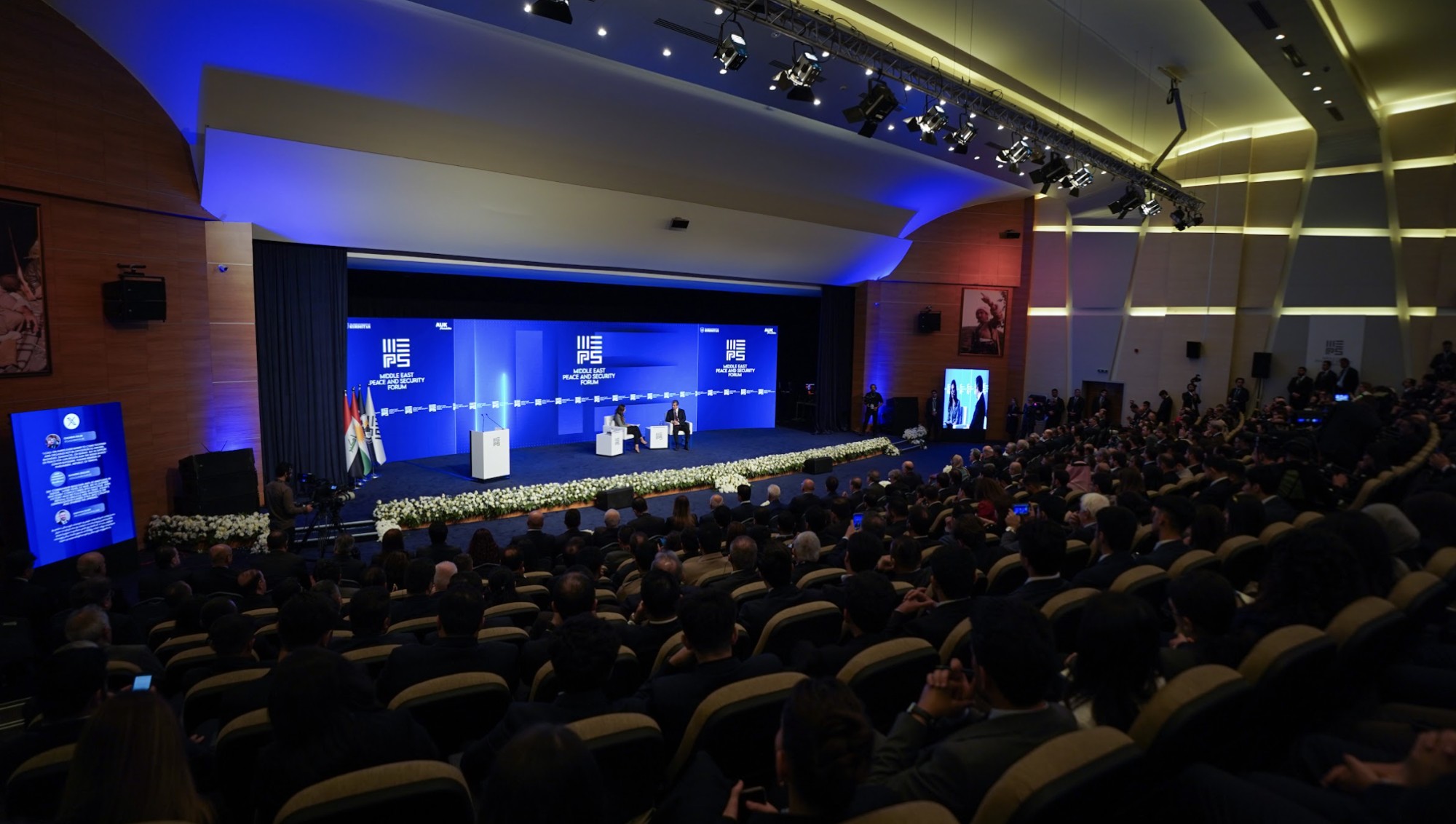The Kurdistan Region has made notable progress in advancing women’s roles in political, social, and economic spheres in recent years. We are proud to have Iraq’s first female governor and a former woman speaker of the Kurdistan Parliament. Laws and tools to combat gender-based violence have also been bolstered.
Yet, these milestones only scratch the surface of deeper systemic challenges. We continue to live in a deeply patriarchal society. Violence against women, including femicide and so-called honor killings, remains disturbingly common. True peace and equality still feel out of reach.
That’s why we must look beyond traditional paths to peace and bring women into the heart of community-level dialogue. One of the most promising tools for doing this is Track II diplomacy, a concept still unfamiliar to many in our region but with the potential to be transformative.
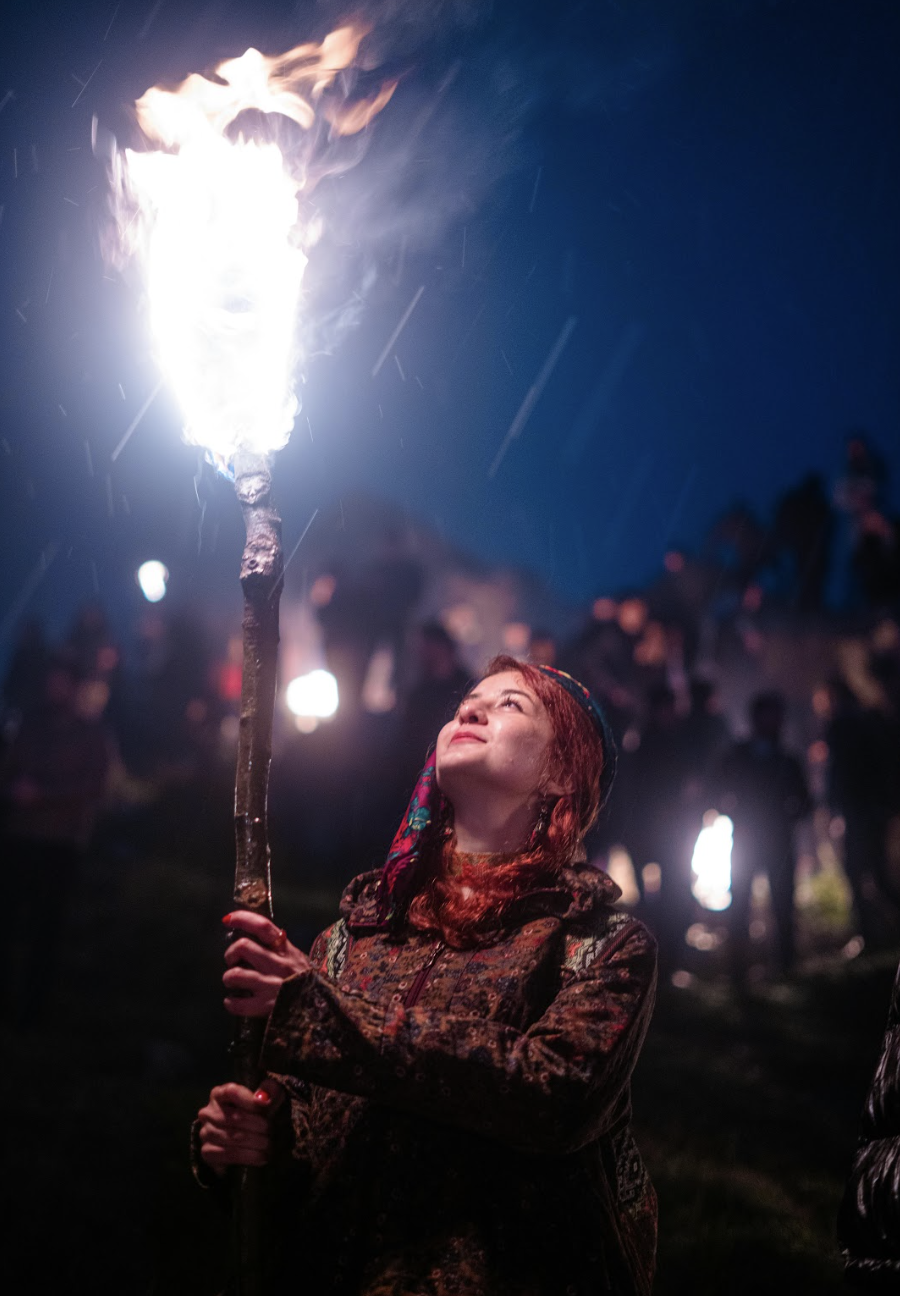
What is Track II diplomacy?
Track II diplomacy refers to informal, people-to-people dialogue, driven by civil society leaders, youth, academics, and especially women. Unlike official, government-led negotiations (Track I), this grassroots approach opens space for emotional healing, honest conversations, and community trust-building.
It matters because formal political talks often overlook local voices, especially those of women. But peace is not just achieved in presidential palaces or parliaments. It is also built in school classrooms, village homes, and community centers. That’s where Track II diplomacy thrives.
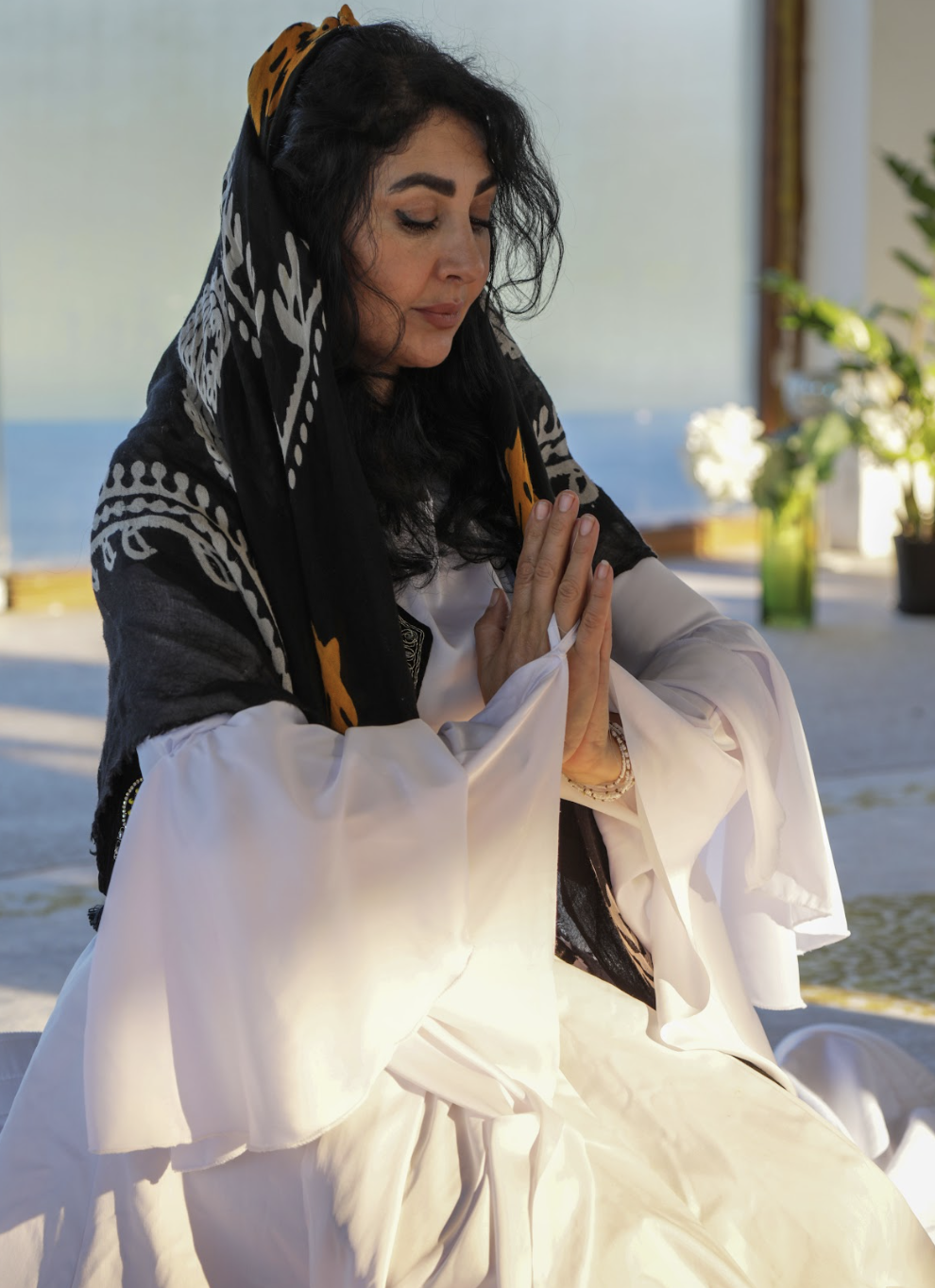
When women lead, peace follows
Across the world, women have stepped into peacebuilding roles through Track II processes, often in the most challenging circumstances. Two stories stand out:
Led by Nobel Laureate Leymah Gbowee, thousands of Christian and Muslim women united across religious lines during Liberia’s brutal civil war in a peace movement known as the Women of Liberia Mass Action for Peace. Through nonviolent protests and strategic pressure, they pushed warring factions to negotiate. Their grassroots movement was not formal diplomacy, but it ended a war.
During Northern Ireland’s peace process, women from both Catholic and Protestant communities created the Women’s Coalition to represent the concerns of everyday citizens. Though they were outsiders to the official talks at first, they helped shape the peace agreement – adding vital perspectives on human rights and reconciliation.
These powerful examples – from Liberia to Northern Ireland – underscore a vital truth: when women lead, peace follows.
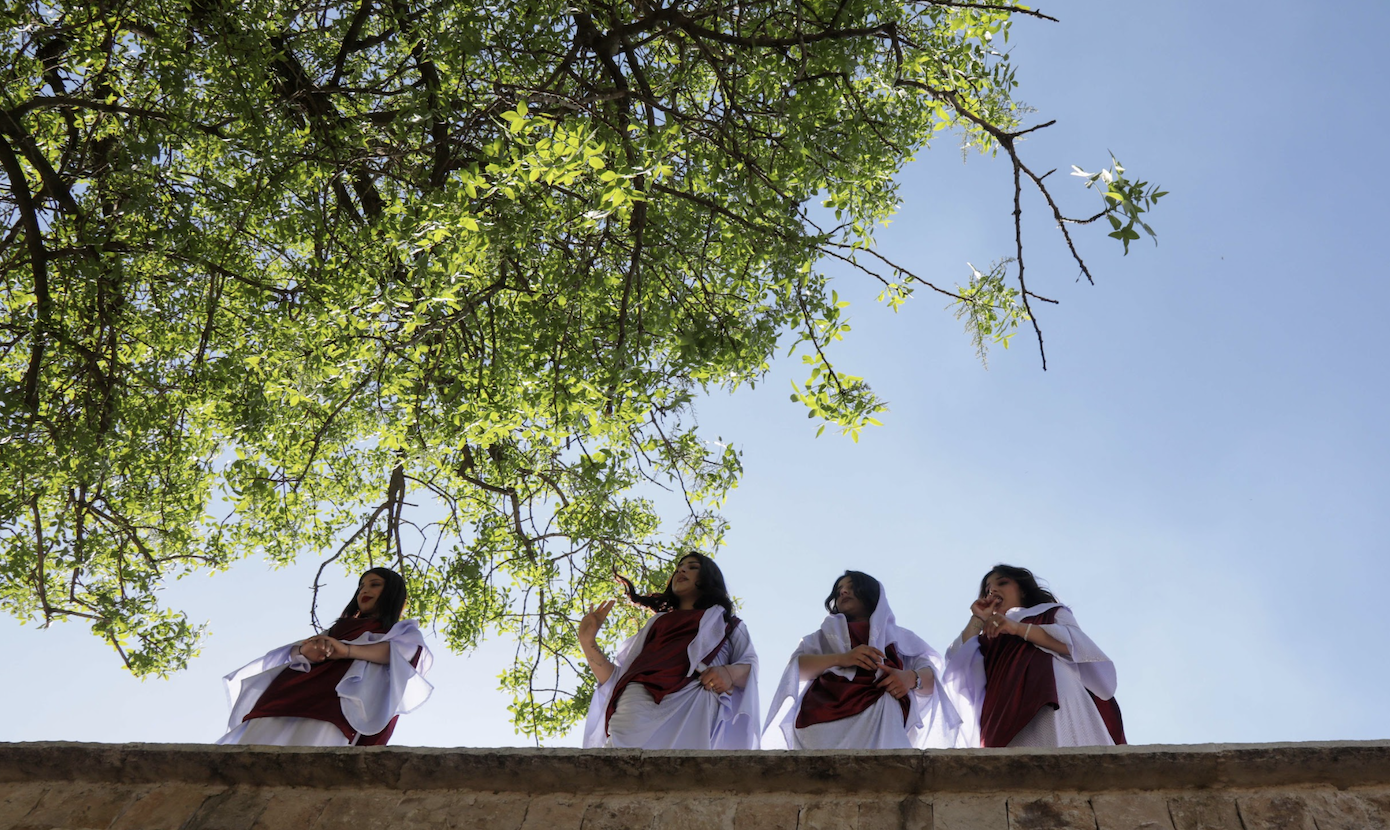
A local approach to a global idea
Inspired by these global movements and driven by the urgent needs of my own community, I was honored to be selected from over 11,000 applicants worldwide as Iraq and Kurdistan’s representative in the 2024 Community Solutions Program, a prestigious U.S. Department of State-funded fellowship implemented by the International Research and Exchanges Board.
Through this experience, I had the opportunity to live and work in New York City and was hosted by the Women’s Federation for World Peace International. There, I designed a Community Action Project called the Young Global Women Peace Ambassadors. This program aimed to empower young Kurdish women with the skills of Track II diplomacy: nonviolent communication, active listening, community mediation, and grassroots leadership.
With limited resources and no local experts available, I started my work in Bazian, a rural and underserved district in the Sulaymaniyah Governorate. I began small, working with high school girls through workshops, dialogue circles, and role-play exercises. The cultural barriers were real, and the work was not easy, but the outcome was deeply inspiring. With time, the girls began to see themselves not just as students, but as potential peacebuilders in their own communities.
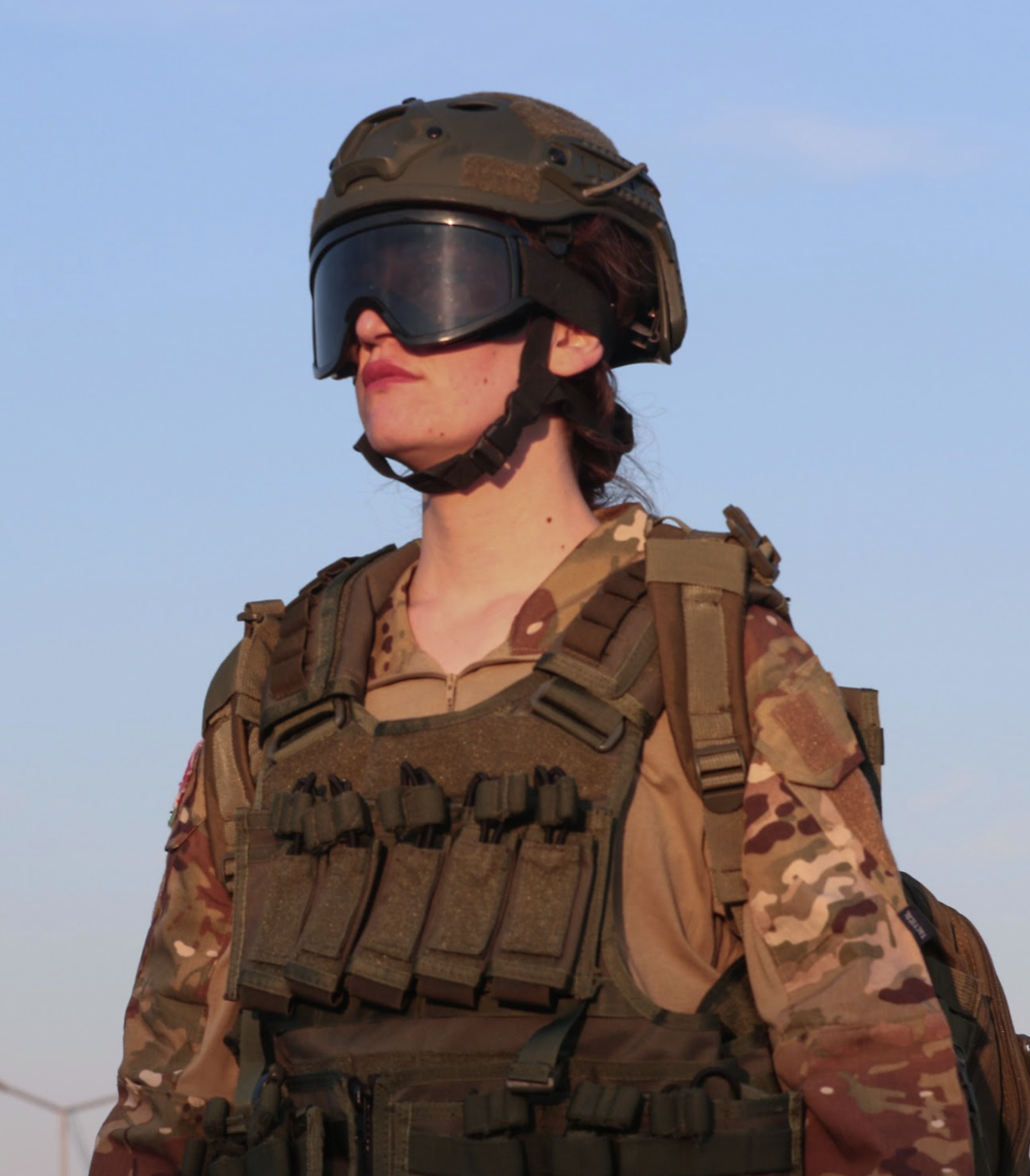
The urgent need for diplomats and mediators
Amid growing global instability and mounting regional tensions, this is a critical moment for Kurdistan. We need trained Track II diplomats and mediators who can navigate both internal and external communication with wisdom and skill.
The Middle East has long held deep geopolitical importance, and as a small region surrounded by powerful and diverse nations, Kurdistan must embrace diplomacy as both a protective shield and a strategic tool. Internally, we must strengthen our ability to communicate effectively, not only within our own communities but also with the central government in Baghdad. Without grassroots dialogue and conflict resolution, mistrust and division will continue to fester and grow.
Externally, Track II diplomacy can help amplify our voice on the international stage through civil society connections, soft power, and people-to-people alliances. This is essential not only for preserving our autonomy, but also for gaining meaningful partnerships and peace.
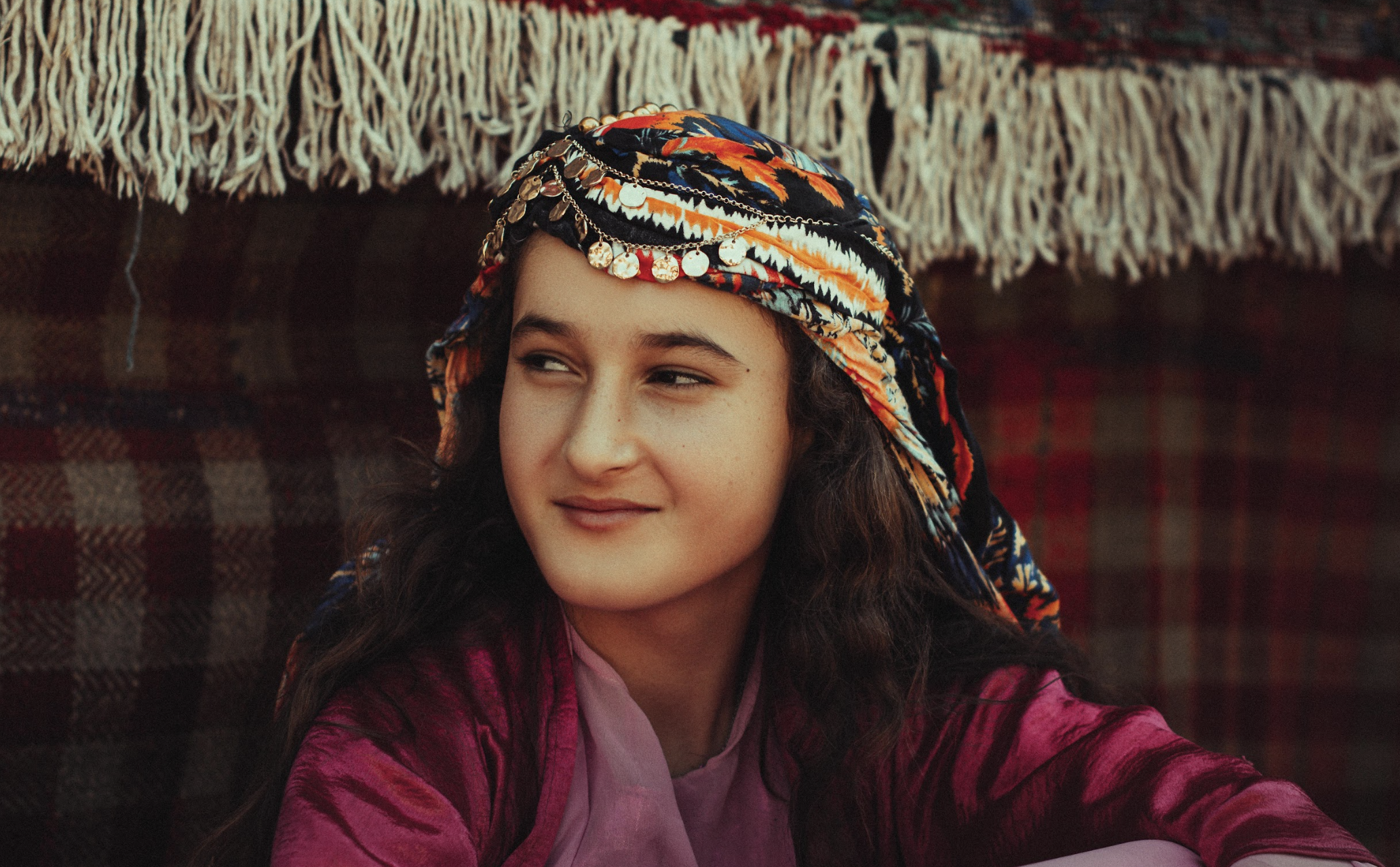
Investing in peace
Kurdistan still faces significant cultural, political, and economic barriers. But I believe, more than ever, that peace must begin with women – and with our youth. Through education, awareness, and sustained investment, we can build a generation of changemakers equipped to resolve conflict with empathy, courage, and soft power.
Track II diplomacy is more than a concept, it is a practical and powerful pathway that unites people when formal systems fall short and puts women at the center of rebuilding trust, hope, and peace.
When you educate a woman, you build an educated society. When you empower her for peace, you transform a nation.
Bala Mahmood Ali is a Violence Prevention and Women Empowerment Advisor at GIZ. She is also a fellow of the U.S. Department of State’s Community Solutions Program.

